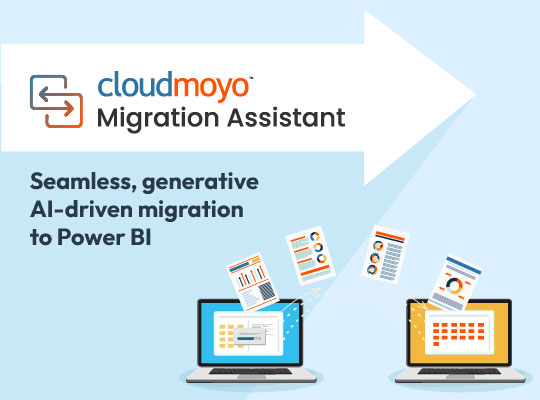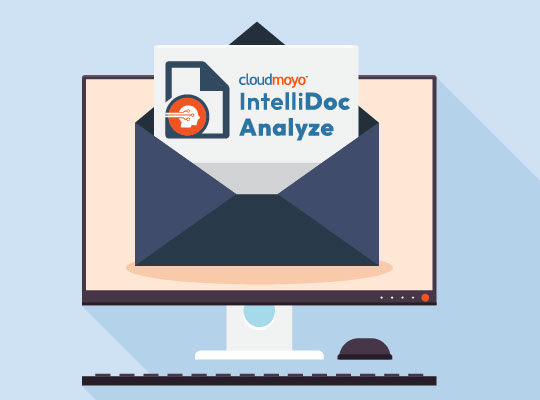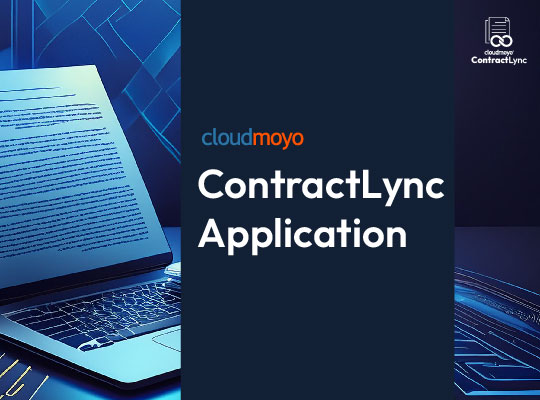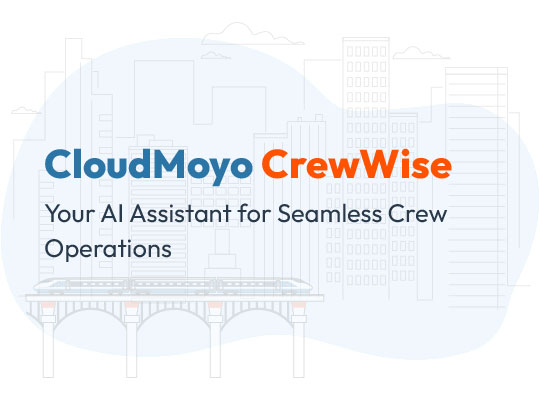AI this, AI that – AI is everywhere and we’re sure you’ve heard the phrase “infuse AI” more than once (especially from us!). Whether it’s Bard, ChatGPT, or Copilot, AI is spreading across the world in many forms like within contract management.
Every organization has contracts and needs some level of contract management. Contracts are necessary whether you’re forming a partnership, purchasing something, or soliciting a vendor.
Most people think contract management is simply drafting and signing a contract, but it’s much more complex. Contract management is carried out in different stages where first, companies plan and build a contract management system that works according to their needs. Next, it’s time to put their contract management strategy into action. Part of this entails consolidating all contracts and vendors into a single location.
Beyond this, as the contract comes to an end, it’s either renewed with new terms and agreements or terminated, ending the contract completely. This is a simplified overview of the entire contracting process from the beginning to the end.
The many stages of the contract lifecycle make managing contracts a complex, time-consuming task – specifically if it’s done manually with hours spent reading all the terms and glossaries. Because of this, companies are looking to deploy contract management solutions that help them gain a competitive advantage while reducing dependencies on manual effort – in this case, solutions that involve the use of AI.
More and more, we see organizations adopting the use of AI, especially generative AI. In fact, this survey by McKinsey (The State of Generative AI in early 2024) suggests an overall increase in adoption of AI, jumping up to 72% compared to previous years.
Adoption of Contract Management in the Transportation Industry
A report by Emergen Research in 2024 estimates that the global contract management software market will be worth USD $923bn by 2032 with a CAGR of 14.4% from 2023-2032. The rising demand for agile contract management software, changing compliances, and increased complexity due to the variety of sales and licensing models are expected to drive the growth of the contract management software market.
Large organizations deal with tons of contracts that must be produced, saved, and shared with global businesses, making manual contract management an unviable option.
Companies require structured contract management software that allows them to manage contracts effectively and efficiently in a short time, highlighting the need for reliable contract management software with automated tools to fully optimize contract lifecycle processes.
The transportation industry faces many challenges like complex and changing regulations, volatile fuel prices and shipment volumes, complex supply chains, and thousands of legacy contracts that need to be reviewed and migrated to more modern systems (technological integration). The world is also moving towards digital transformation, meaning the need for increased cybersecurity, cloud storage, and the adoption of AI solutions to streamline business processes across an organization.
Adoption of digital contract platforms and digital solutions will be key in adapting to globalization, eCommerce, changing customer expectations, and new compliance requirements. Research sponsored by Icertis suggests that 94% of leaders believe generative AI will allow them to analyze risk and compliance at their organizations.
AI in Contract Management
Infusing AI into contracting software improves how businesses manage contracts in different ways – like the potential to accelerate contract review cycles by 40%. Advanced contract analytics solutions use natural language processing (NLP) combined with AI to uncover or recommend actions in response to variable business performance insights. These insights are generated through a variety of structured and unstructured data around contractual obligations between your organization and the businesses you are working with.
Based on pattern recognition and the way a document is drafted, AI contracting software can identify contract types. Because AI contracting software trains its algorithm on a set of data (contracts) to recognize patterns and extract key variables (clauses, dates, parties) a firm can better manage its contracts because it knows and can easily access what is in each one.
AI capabilities also aid businesses in maintaining consistency in terms and usage across all their contracts, reducing the risk of human errors. AI contracting software also enables quick assessment of contract risk by identifying suboptimal terms and clauses.
Generative AI (different than traditional AI) was made for contracts. Large language models go beyond automation to work quickly in summarizing contracts and classifying components like pricing information, clause attributes, and more. It can streamline contract creation, negotiate based on risk, automate reviews, and detect risk and compliance pitfalls.
All of this impacts the contracting processes you may be using. As this technology becomes more widely used, these improvements in processes, functionalities, and tools will make contracting faster, better, and smarter.
Contracts in the Transportation Industry
Transportation contracts form the foundation of the entire procurement process. The rates and terms outlined govern everything from the cost of moving a product to the impact it has on your bottom line. Some of these contracts include:
- Maintenance Agreements: Govern maintenance of assets like equipment, plants, trackage, or joint facilities.
- Customer Contracts: Concern customer sales and orders, like NDAs, confidentiality agreements, shipper specifications, customer rules, and regulations.
- Broker Carrier Agreements: Signed following an agreement on a freight rate; contains information like agreement date(s), payment dates, invoicing procedure, and liability or insurance information.
- Load Tenders: Specifies who will get the freight tenders; provides freight specifications, weights, and measurements, as well as contact information.
- Rate Confirmations: Legally binds both parties to the agreed-upon freight brokerage rate; often filed and related to ongoing freight transactions.
- Accessorial Contracts: Detail any handling fees, detention and waiting time fees, refueling costs, and other unforeseen freight charges; recognize and regulate accessorial costs.
Inefficiencies in the Contract Management Process
With years of experience working in the CLM and transportation domains, we’ve identified several inefficiencies in contract processes that have pushed our customers to adopt CLM software:
- Constantly changing or lost templates: When a company disperses its contract templates through many locations, inconsistency and risks thrive. Standard templates can easily deviate, slowing down business processes as teams search for the most recent iteration of a template or attempt to redesign them as best they can.
- Inconsistent contract language: Due to the broad disparity in formats, terminology, and languages, manually creating contracts is extremely time-consuming, creates unnecessary risk, and slows the entire contracting process.
- Losing track of contract stages: It’s easy to lose track of the current stage and version of a contract when multiple versions are saved in various locations and shared as attachments in email threads for redlining and approvals.
- Overlook of contract obligations: Commitments, compliance requirements, potential discounts, and other targets can easily be overlooked if contracts aren’t carefully tracked across the entire organization throughout their entire lifecycle.
Implement Contract Lifecycle Management with Ease
Technological integration, compliance, and connectivity (across the globe!) are emerging trends shaping the transportation industry today. With the world’s innovation moving at litespeed to adapt to changing needs, it’s more important than ever to stay competitive.
Contracts are a huge part of these trends. An intelligent solution with AI frees up space to focus on innovating in other ways.
Given the nature of CLM software, adoption will lead to a greater focus on technical skills and processes, and less dependence on building tedious processes to keep your organization running. Intuitive and UX-friendly CLM platforms democratize the use of AI technology to make data-driven business decisions using contract intelligence.
The goal of contract management is to take all that legalese, simplify it, and then build a summary so that the rest of the company can use it. It’s important to have an experienced implementation partner guide you as your organization selects and implements a CLM framework that fits your needs today and in the future. The right partner will not only build a tailored solution, they’ll ensure your organization is up-to-date on the latest tech while also anticipating how the world will continue to evolve.
Want to start adopting AI capabilities in your contract operations? Reach out here to our team of CLM and transportation experts to discuss a unique roadmap for your organization!
Originally published August 2, 2021



















